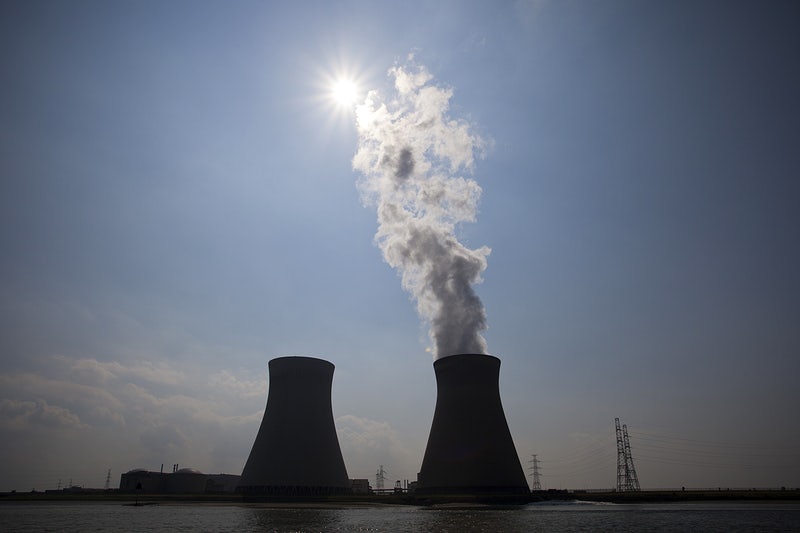In recent years, renewable energy is extremely promoted by investors and partner countries in Africa. All investments are oriented towards renewables at the risk of forgetting the fossil fuels on which many countries on the continent depend.
African leaders recall that the need to shift from fossil fuels to sustainable energy systems must be balanced against the continent’s realities and development needs and must not rule out the “sustainable exploitation” of oil and gas resources, including the continent. has plenty.
During a session at the annual energy conference, CERAWeek 2022, held in Houston in March, Uganda’s Minister of State for Energy and Mineral Development, Sidronius Okaasai Opolot, said: “We believe that Africa needs special treatment through the provision of finance, technology and capacity building aimed at the sustainable exploitation of its energy resources, including fossil fuels, while s striving to minimize emissions.
The minister called for foreign investment to help deepen the energy sector in Africa which he said is a continent whose potential is still very much under-exploited. These investments must not only concern renewable energies, but also the fossil energies which abound on the continent.
He added that his country, Uganda, for example, “has abundant natural resources such as hydropower, geothermal, petroleum resources, wind and solar power, among others, but only a small fraction of this potential has been developed”.
The Ugandan delegation explored the challenges facing the energy sector in sub-Saharan Africa, superimposed on the pressures and opportunities associated with the global energy transition. It emerged that “choices are complicated in investments and trade-offs for priorities between generation from fossil fuels, large-scale hydroelectricity and other renewable energies”.
At the end of 2019, Africa had more than 7% of proven oil reserves, despite dwindling exploration investment, according to BP, and 7.5% of proven natural gas reserves. The continent is also very rich in coal. It is therefore very difficult to suddenly suspend all projects related to fossil fuels to focus only on renewable energies which require more installations, and therefore more funding.
Earlier this week, Riozim, a Zimbabwean company, announced that it was seeking new financing for its coal mining project after the withdrawal of Chinese donors, proof that the country, which has the second largest coal reserve in the continent, is not ready to do without it.





























Réagissez à cet article